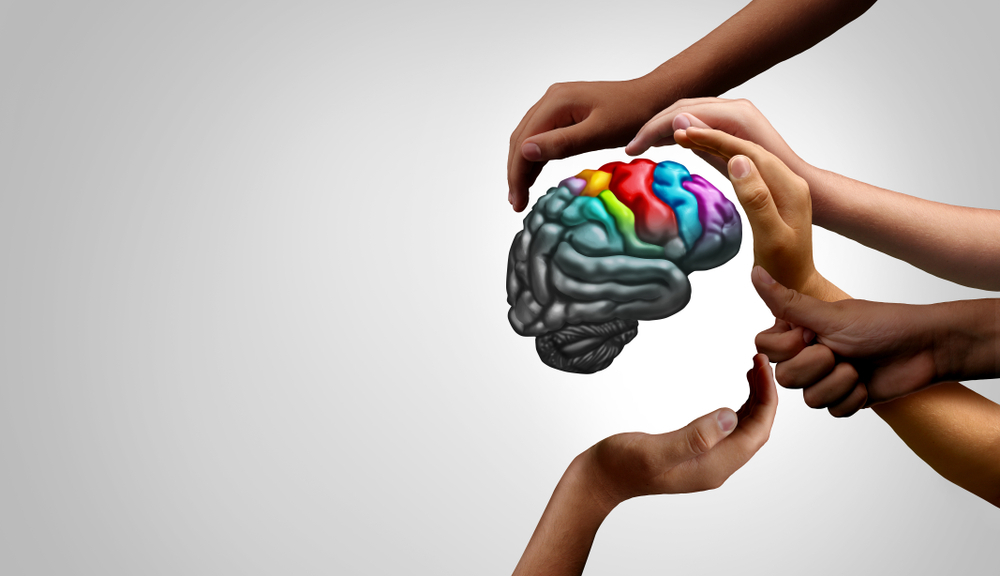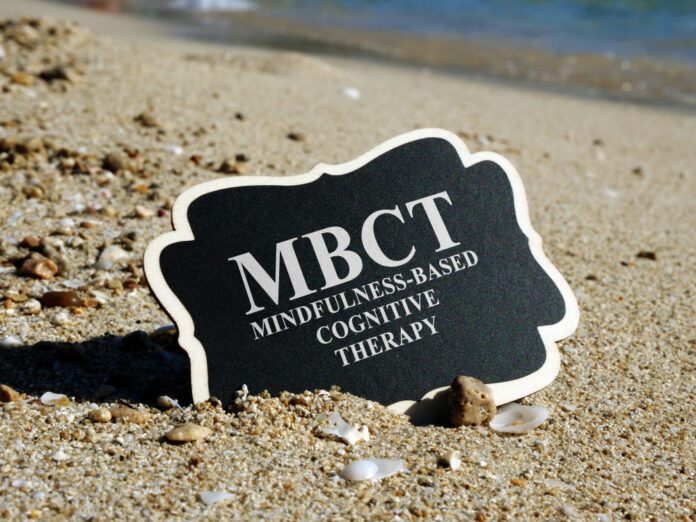In today’s fast-paced world, stress and anxiety have become all too common. Many of us find ourselves overwhelmed by the constant demands of daily life, leading to negative impacts on our mental well-being. However, there’s a powerful tool that can help us navigate these challenges: mindfulness-based cognitive therapy.
What is Mindfulness-Based Cognitive Therapy?
Mindfulness-based cognitive therapy (MBCT) is a therapeutic approach that blends two powerful techniques: mindfulness meditation and cognitive-behavioral therapy (CBT). The core principle of MBCT revolves around the notion that our awareness of thoughts and emotions can profoundly impact our mental well-being. By integrating mindfulness practices with cognitive-behavioral techniques, MBCT aims to transform our relationship with our inner experiences, leading to improved mental health outcomes.

Through mindfulness, individuals learn to observe their thoughts and feelings without judgment or attachment, gaining insight into their habitual patterns of thinking and reacting. This heightened awareness allows them to respond to challenging situations with greater clarity and resilience. By recognizing and shifting unhelpful thought patterns, individuals can break free from cycles of negative thinking and cultivate a more positive outlook on life.
Ultimately, MBCT empowers individuals to take an active role in managing their mental health, offering a path toward greater well-being and fulfillment.
How Does it Work?
MBCT teaches individuals to observe their thoughts and emotions without judgment. Through mindfulness practices such as meditation and breathing exercises, participants learn to cultivate a greater sense of awareness and presence in the moment. This heightened awareness allows them to identify negative thought patterns and break free from automatic reactions.

Benefits of MBCT:
- Reduces Stress and Anxiety: By learning to stay present and focused on the here and now, individuals can alleviate the symptoms of stress and anxiety. Studies have shown that MBCT can be as effective as medication in preventing relapses of depression and anxiety disorders.
- Improves Emotional Regulation: MBCT helps individuals develop greater emotional resilience by teaching them to observe their emotions without becoming overwhelmed by them. This increased self-awareness allows for more adaptive responses to challenging situations.
- Enhances Concentration and Focus: Regular mindfulness practice has been linked to improvements in attention and concentration. By training the mind to stay present, individuals can better concentrate on the tasks at hand and avoid distractions.
- Promotes Overall Well-being: Beyond its benefits for mental health, MBCT can also have positive effects on physical health. Mindfulness practices have been shown to reduce blood pressure, strengthen the immune system, and promote better sleep.
At Last
MBCT offers a holistic approach to mental health and well-being. By combining mindfulness practices with cognitive-behavioral techniques, individuals can learn to break free from negative thought patterns and live more fully in the present moment. Whether you’re struggling with stress, or anxiety, or simply seeking greater peace of mind, MBCT may offer a path toward a happier, healthier life.
Ready to experience the benefits of mindfulness-based cognitive therapy for yourself? Consider incorporating mindfulness practices into your daily routine or seeking out a qualified therapist or mindfulness instructor. With commitment and practice, you can cultivate greater awareness, resilience, and well-being in your life.


















